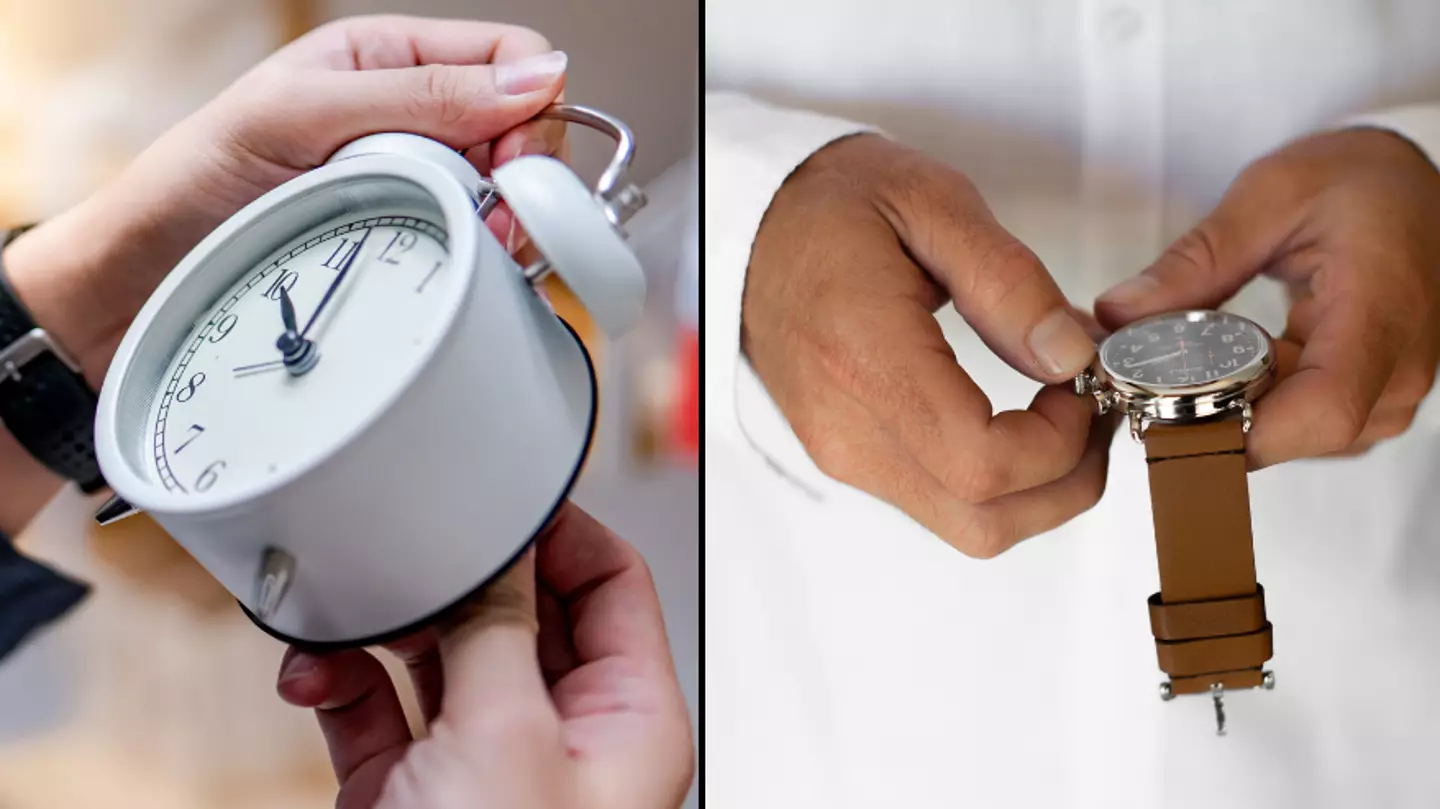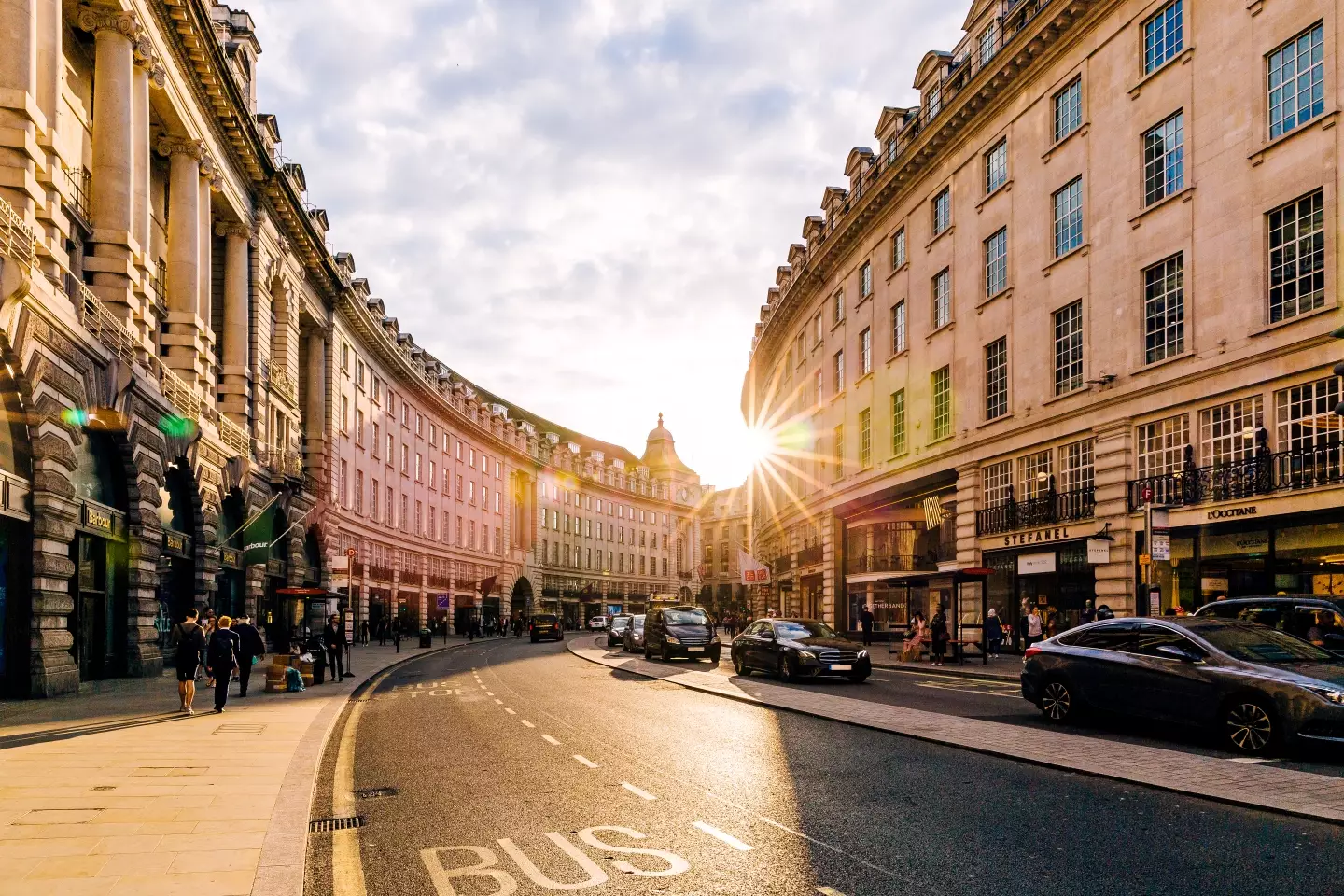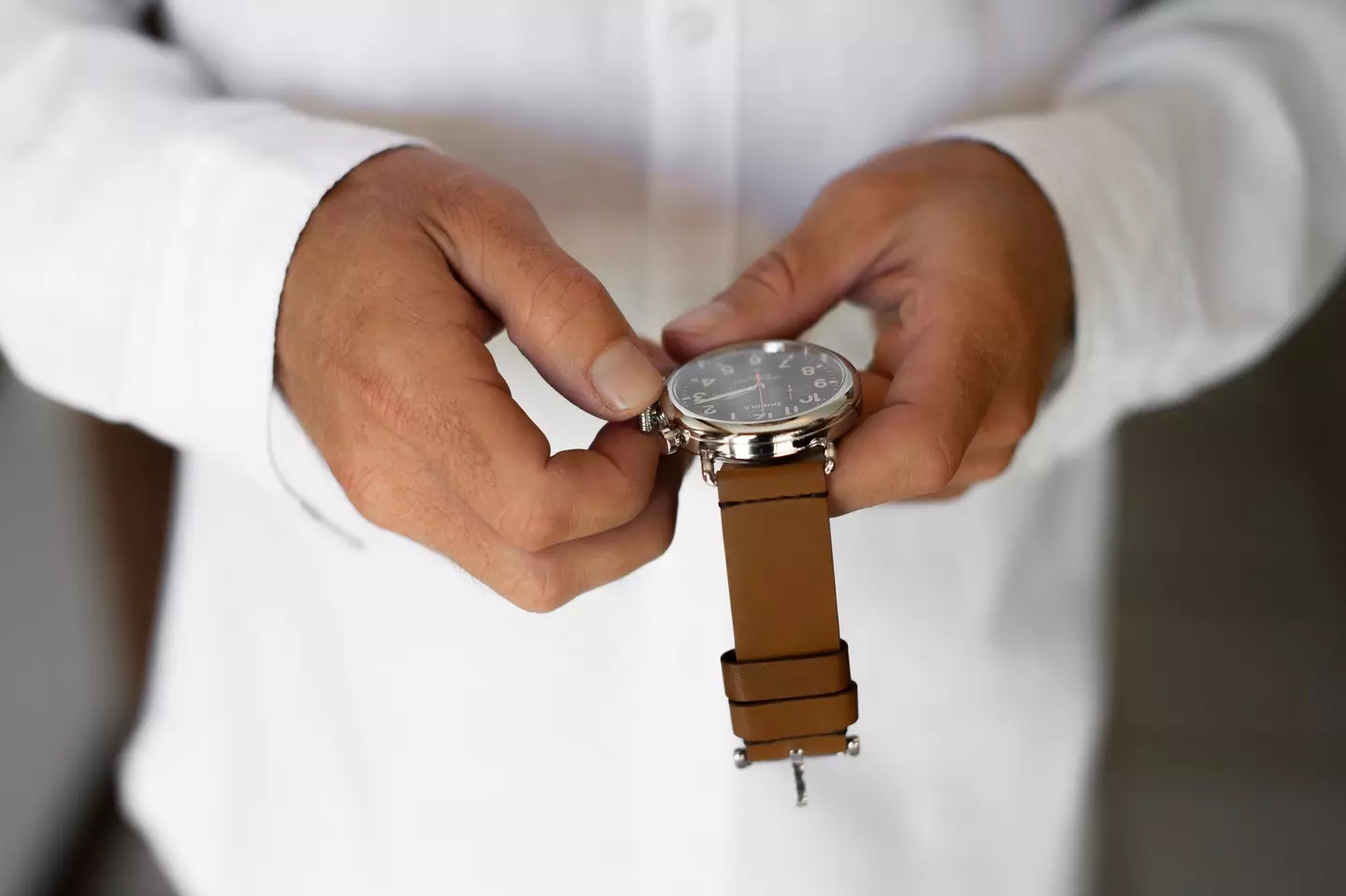
The reason why clocks go back in winter isn't just to confuse us, but to help us.
We all know it's a pain in the arse to change all the clocks in the house (shoutout to the staff at Windsor Castle who literally spend hours doing so), but there is some method to the madness.
This year, the clocks in the UK are set to go back on 29 October, meaning we'll gain and extra hour in bed. Winner.

Advert
The regime dates all the way back to 1916 and was first done by the Germans. Us Brits apparently followed suit a few weeks later.
Several countries across the globe then followed in what's known as 'Daylight Saving Time'.
As to what exact it's for - it's exactly what it says on the tin.
It's supposed to be an energy saving measure so we don't need the lights on so much on cold, dark winter mornings as well as summer nights.
It also gives us 'longer' evenings in the summer, meaning we get an extra hour to squeeze that last post-work pint in at the pub.
Meanwhile, it means it isn't as dark for long on winter mornings - because we all know it's pretty grim when it gets to that time of year when you get up to go to work in the dark, and go home in the dark as well.

While it's technically doing us a favour in the grand scheme of things, last year there was speculation that the UK might follow the US in trying to ban the clocks changing.
In March 2022, The US Senate unanimously passed the Sunshine Protection Act in a bid to stop the country's clocks changing twice a year.
It was expected to begin in November 2023 but, as it stands, it isn't thought that the legislation has passed the House of Representatives.
Elsewhere, the European Parliament voted in 2019 to scrap daylight saving time in 2021. This never came into play, however, which is thought to be as a result of both Brexit and the pandemic taking up a lot of the their time.
At one stage, it was even said that the clocks going back and forward was actually bad for us.

A 2016 study, titled ‘Changes in ischemic stroke occurrence following daylight saving time transitions’ and published in journal Sleep Medicine, found that stroke rates were eight percent higher than usual in the two days following both clock changes.
Researchers in Finland studied the effect that daylight saving time had on ischemic stroke hospitalisations and in-hospital deaths between 2004 and 2013.
“Circadian rhythm disruption has been associated with increased risk of ischemic stroke (IS),” the authors wrote.
“Daylight saving time (DST) transitions disrupt circadian rhythms and shifts the pattern of diurnal variation in stroke onset, but effects on the incidence of IS are unknown.”
I'm not sure about you, but I personally like the extra hour in bed in winter...